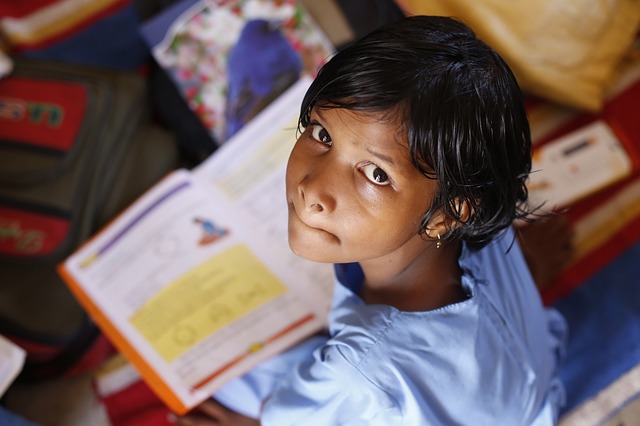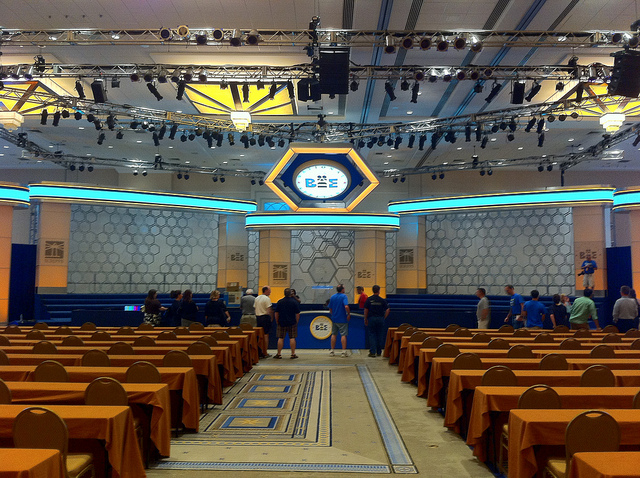Examination or Education in Indian Schools?

Given heightened exposure in media coverage and popular culture, the presence of extraordinary pressure and reduced real-world value in the Indian education system has undergone a transition into the spotlight.
Despite recent changes in CBSE (the government-run board of education in India) exams geared towards fostering higher-order analytical thinking among students, many secondary institutions and exams remain largely dependent on memorization, or “mugging”, as an educational tool and assessment. Rote learning privileges brute memory at the expense of real-world problem-solving and analytical skills; a serious issue when a student is confronted by an unfamiliar problem in the workspace. A study conducted by Wipro concluded “in maths, students may follow a procedure without fully understanding the concept. Similarly, in science, students may know a definition but are unable to use that to reason and apply.”
The entirely examination-based metric for evaluating success also places a dizzying quantity of stress on the students, whose future quite literally depends on the results of the few-hour entrance examinations. The system has fallen under severe criticism from many academics including the head of the Scientific Advisory Council to the Prime Minister, C N R Rao. Rao stated “[India has] an examination system but not an education system… When will young people stop taking exams and do something worthwhile?…It is important to relook the entire examination system including the system of final examinations, entrance examinations, qualifying examinations, selection examinations, and so on.” Failure to perform may at best result in abject disappointment; at worst, many youth turn to suicide as their method of dealing with their family’s unfulfilled expectations.
Furthermore, such a style of learning and examination lends itself easily to academic dishonesty. Modern technology has only bolstered the epidemic of cheating, with some students paying hundreds or even thousands of dollars for hi-tech mechanisms that include cell phones disguised as watches, minute earpieces, and more. Those unable to afford the fancy methods may simply copy off the sheets of others or write equations on the wall prior to the test – decidedly preventable techniques that are made possible by lax anti-cheating measures.
It remains to be seen whether the CBSE policies will continue to progress towards the holistic form of grading increasingly seen in countries such as the United States, but it is certain that without continued public pressure the examination system will continue to take precedence over the education system in India’s schools.
[Image Attribute: PDPics]



